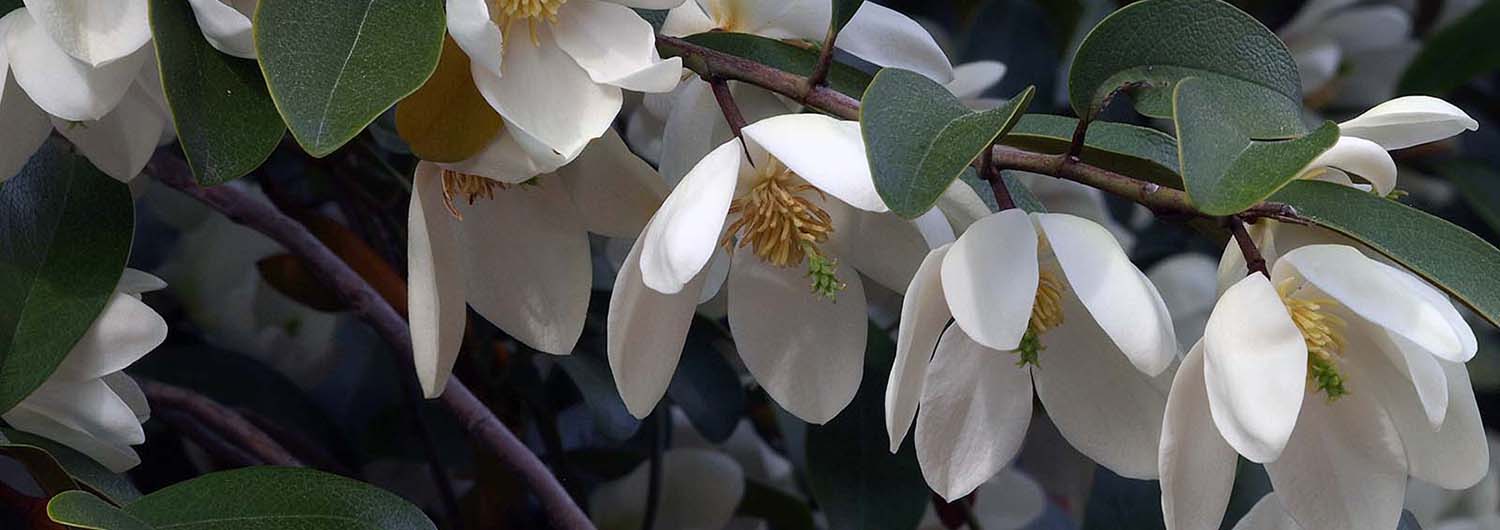Winter Symposium
"Eat, Drink, and Be Merry—Chocolate, Tequila, and the Intersection of Plants and People"
Featuring Sarah Bowen, Ph.D.; Bradley Bennett, Ph.D.; and Jillian M. De Gezelle, Ph.D.
- Saturday, February 20, 2021 – 9:00 am–12:15 pm
Register
Register
Confirmations and Waitlist
The details needed to join us virtually on Saturday morning were e-mailed to all registered participants on Thursday morning, early afternoon on Friday, and late on Friday. If you don't see the e-mail, please look in your Promotions tab (Gmail users) or in your spam folder. A reminder will be sent out early on Saturday morning. If you haven't received the e-mail, please contact Chris Glenn at chris_glenn@ncsu.edu.
Whether we're cultivating plants for their ornamental beauty or farming them for food, our relationship with plants is one of the very things that make us human. This year's Winter Symposium, "Eat, Drink, and Be Merry—Chocolate, Tequila, and the Intersection of Plants and People," is all about exploring the cultural richness of that relationship. Learn about the connection between botany and cultural anthropology in "What is Ethnobotany?" with Bradley Bennett, the nuances of the tequila and mezcal industries in Mexico with Sarah Bowen, and the long history of chocolate in "The Botany, History, and Culture of Cacao" with Jillian De Gezelle.
By understanding how we connect to nature, we are able to truly appreciate the wonder and joy that horticulture brings into our lives. This year's Winter Symposium will make you appreciate all the wonderful ways that people and plants interact. Join us for a symposium you’ll never forget!
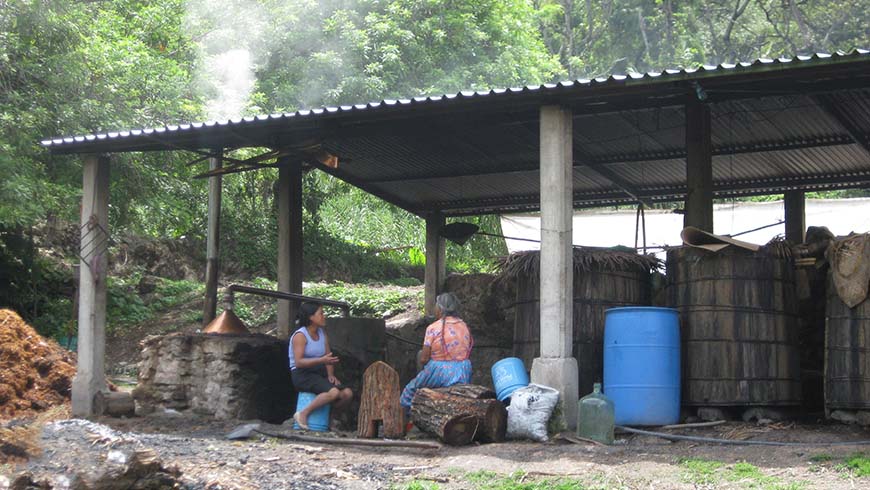
Schedule
Saturday, February 20
- 9:00 am
- "What Is Ethnobotany?"
Bradley Bennett, Ph.D. - 9:55 am
- Break
- 10:00 am
- "Tequila, Mezcal, and the Politics of Production"
Sarah K. Bowen, Ph.D. - 10:55 am
- Break
- 11:00 am
- "The Botany, History, and Culture of Cacao"
Jillian M. De Gezelle, Ph.D. - 12:00 pm
- Q&A
- 12:15 pm
- Conclusion
Presentations
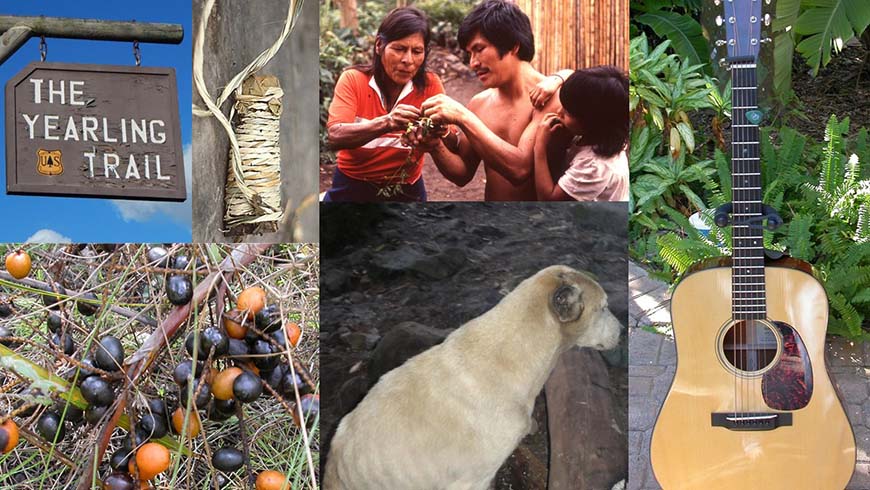
"What Is Ethnobotany?"
Bradley Bennett, Ph.D.
The term ethnobotany was established more than a century ago, but the discipline is much older. It remains a nebulous and often unappreciated field of study. The foundations of ethnobotany encompass both botany and cultural anthropology, yet the discipline does not fit comfortably into any conventional academic categories. Nonetheless, the major foci of ethnobotany provide crucial answers for human survival and prosperity. Here, Bradley briefly discusses five of the many ethnobotanical studies in which he has been involved. The first two, "Useful Plants of the Shuar People of Amazonian Ecuador" and "Ethnobotany of Saw Palmetto (Serenoa repens)" are the kinds of studies most people associate with the discipline. The third, "Hunting and Hallucinogens," begins in familiar ethnobotanical territory but ends somewhere entirely unexpected. The last two ("The Sound of Wood" and "Ethnobotany: Science in Fiction") seemingly breach the discipline's boundaries. Yet, they both share ethnobotany's botanical and cultural roots. "What Is Ethnobotany?" cannot be answered easily, especially in a single presentation. The discipline is too diverse and essential to human existence. A better title would be, "What Isn't Ethnobotany?"
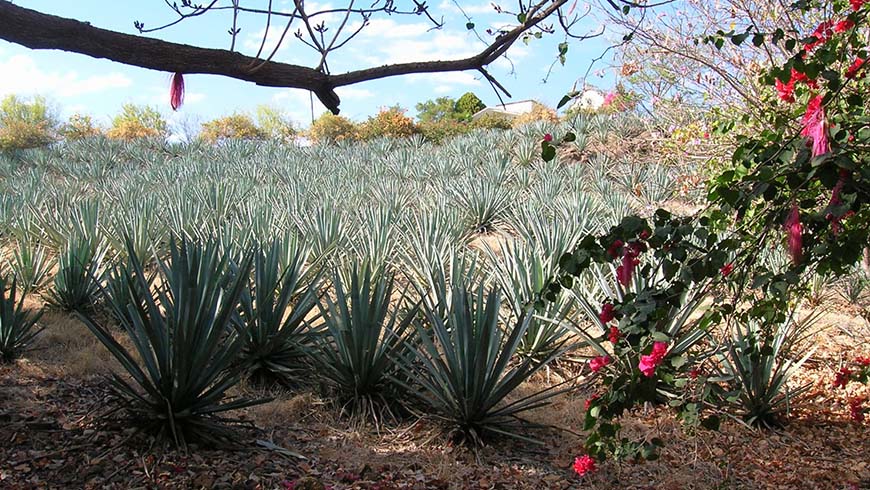
"Tequila, Mezcal, and the Politics of Production"
Sarah K. Bowen, Ph.D.
Tequila and mezcal, two of Mexico's most iconic products, are both protected by denominations of origin, legal designations that aim to guarantee a product's authenticity by protecting its link to terroir, the "taste of place." Only producers in specific parts of Mexico have the right to make mezcal or tequila. Yet the institutions that are supposed to guard "the legacy of all Mexicans" often fail those who are most in need of protection: the small producers, agave farmers, and workers who have been making these spirits for generations, as well as the natural environments that make tequila and mezcal unique.

"The Botany, History, and Culture of Cacao"
Jillian M. De Gezelle, Ph.D.
This presentation will highlight some of the many fascinating aspects of cacao—the botanical source of chocolate! NC State University ethnobotanist Jillian De Gezelle, Ph.D., will discuss the botany and geographic origins of this tropical rainforest tree, as well as what is known about the ancient history of its preparation and use from Mexico, Central, and South America. Cacao continues to be a sacred plant, food, and medicine for Indigenous cultures in Central America, and this talk will cover some of the traditional uses of cacao in Belize and Panama. Both Indigenous knowledge and scientific studies tell of the benefits of cacao and dark chocolate to human health, so the presentation will end with even more reasons to love chocolate!
Speakers
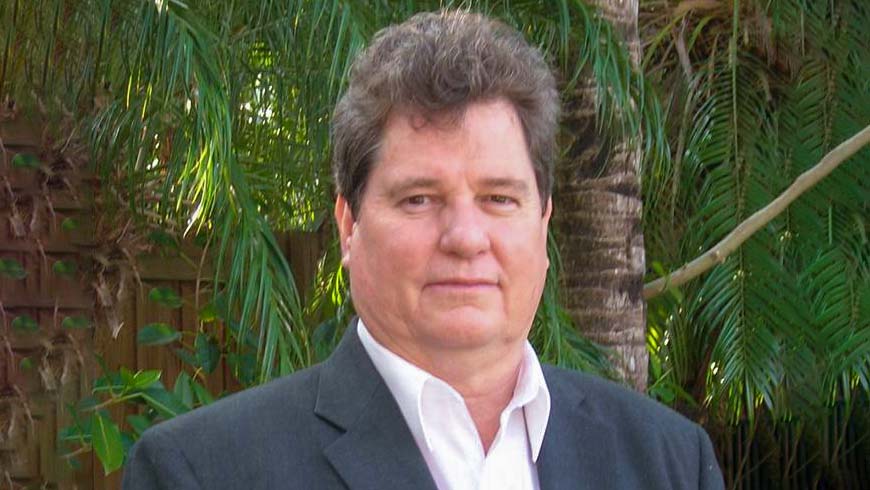
Bradley Bennett, Ph.D.
Florida International University
Bradley Bennett, Ph.D., is a professor in the Department of Biological Sciences at Florida International University in Miami, Florida. He earned a B.A. in biology and geology/geography from Bucknell University, an M.S. in biology from Florida Atlantic University, and a Ph.D. in botany from the University of North Carolina at Chapel Hill. From 1988–1992, he was a postdoctoral fellow and research associate at the New York Botanical Garden's Institute of Economic Botany. He was the 2004–2005 president of the Society for Economic Botany. Bradley served for many years as a senior associate editor of the journal Economic Botany, as a member of the American Botanical Council's Advisory Board and the National Institutes of Health's National Center for Complementary and Alternative Medicine Special Emphasis Panel. His main research focus is neotropical ethnobotany and ethnopharmacology and the flora and plant use in southern Florida. Bradley and his graduate students work in Bolivia, Brazil, Cameroon, Cuba, Costa Rica, Ecuador, Guyana, Japan, Mexico, Panama, Peru, Turkey, Trinidad, and the United States. His book, Ethnobotany of the Shuar of Amazonian Ecuador, won the 2006 Mary W. Klinger Book Award from the Society for Economic Botany. His research has been published in Ambio, Aquatic Botany, BioScience, Brittonia, Chemistry of Natural Compounds, Economic Botany, Ethnobotany Research and Applications, Journal of Essential Oil Research, Journal of Ethnobiology and Ethnomedicine, Journal of Ethnopharmacology, Journal of the Society for Integrative Oncology, Journal of Tropical Ecology, Pharmacology and Therapeutics, Planta Medica, and Selbyana.
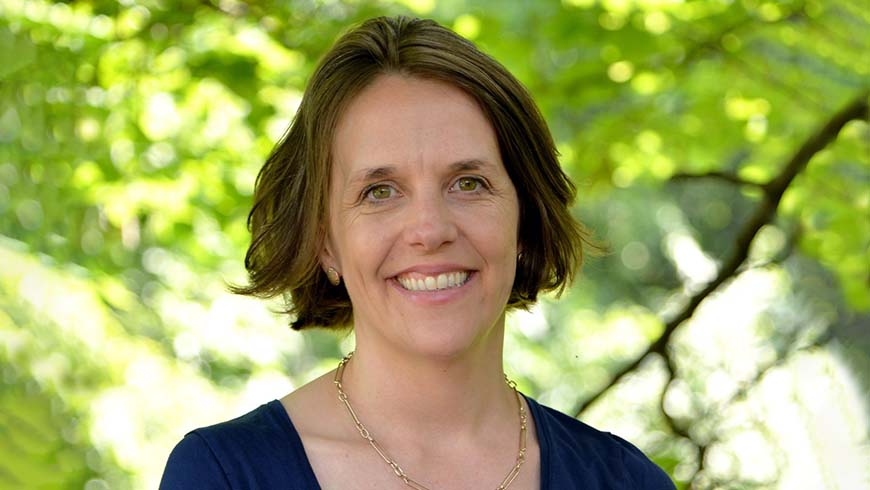
Sarah K. Bowen, Ph.D.
NC State University
Sarah Bowen is a professor of sociology at NC State University. She received her Ph.D. in sociology from the University of Wisconsin-Madison. She teach classes and conduct research related to health, food, inequality, and development. Sarah believe that the way we consume and produce food and our bodies are bellwethers of inequality.
Sarah's research has several strands. First, she has conducted extensive research on denominations of origin in Mexico, France, and the United States, and is the author of Divided Spirits: Tequila, Mezcal, and the Politics of Production (University of California Press, October 2015). Second, she investigates how structural inequalities shape how people eat and feed their families. Between 2012 and 2017, she led the Voices into Action: The Families, Food, and Health Project, a five-year (2012–2017), a mixed methods research and participatory outreach project focused on food insecurity and food access among low-income populations in North Carolina. Her second book, Pressure Cooker: Why Home Cooking Won't Solve Our Problems and What We Can Do About It (Oxford University Press, 2019) was one result of this project. More recently, Sarah is the principal investigator of the FIRST project, funded by the National Science Foundation, which seeks to understand experiences of food insecurity during the COVID-19 pandemic.
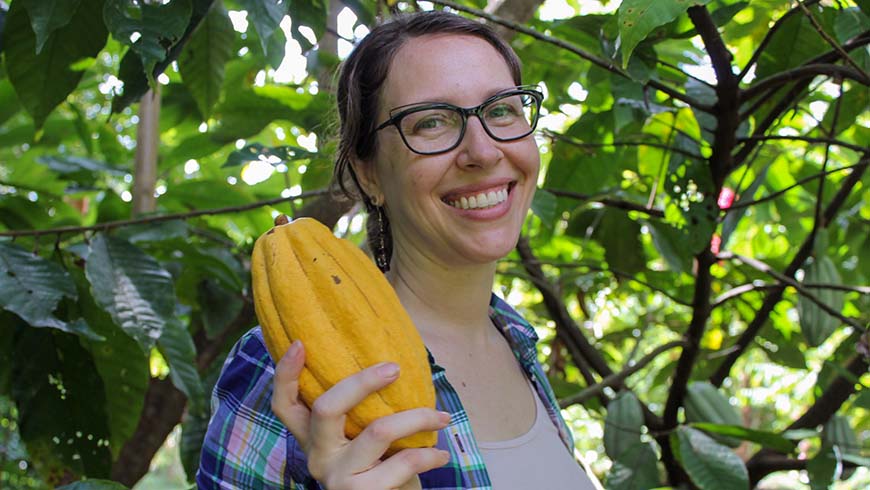
Jillian M. De Gezelle, Ph.D.
NC State University
Jillian De Gezelle is an ethnobotanist and teaching associate professor in the Department of Plant and Microbial Biology at NC State University. She has a Ph.D. in plant sciences from the joint program between The New York Botanical Garden and The Graduate Center of the City University of New York, and a B.A. in biology from Reed College. Jillian has been conducting ethnobotanical research in North and Central America for the last 18 years on topics related to medicinal and edible plants, plants of spiritual significance, and biocultural diversity conservation. Jillian teaches several ethnobotany courses at NC State University including Medical Ethnobotany; Economic Botany; Culinary Botany; Plants and Civilization; and Plants in Folklore, Myth and Religion.
- Cost
- Early registration (ends Sunday, February 14, 2021): $25.00 for members, $35.00 for nonmembers; late registration (begins Monday, February 15, 2021): $30.00 for members, $40.00 for nonmembers.
- Registration
- Advance registration is required. Please register online using our registration e-store. Registration is limited and is considered complete when payment is received.
- Cancellation
- Program cancellations can be made up to two weeks before the program's start date. A 15% cancellation fee applies.
- Location
- Online. Instructions will be provided by e-mail to all participants.
- Questions
- Please contact Chris Glenn at chris_glenn@ncsu.edu for more information about this symposium.

